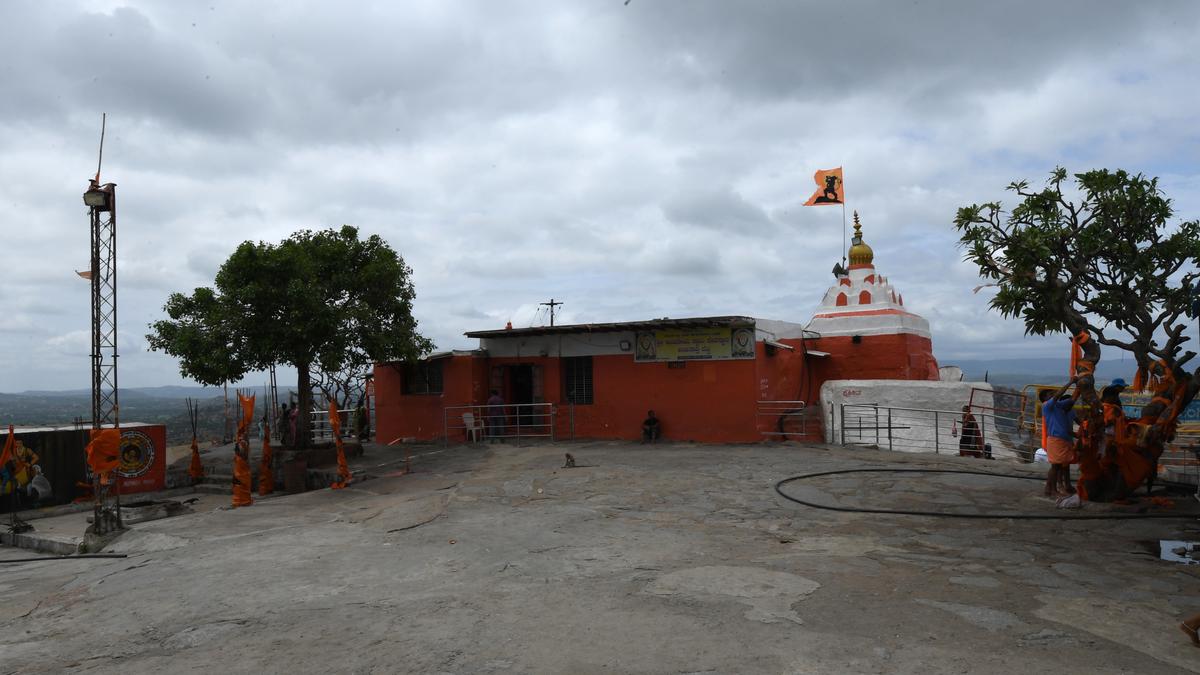Now Reading: Total Lunar Eclipse to Grace Night Sky on September 7-8
-
01
Total Lunar Eclipse to Grace Night Sky on September 7-8
Total Lunar Eclipse to Grace Night Sky on September 7-8

Speedy Summary
- A total lunar eclipse will occur on the night of September 7-8, visible across India.
- The penumbral eclipse starts at 8:58 p.m., the partial eclipse begins at 9:57 p.m., and the total eclipse starts at 11:00 p.m.
- Peak of the lunar eclipse is at 11:41 p.m.; total phase ends at 12:22 a.m., followed by partial and penumbral phases ending by 1:26 a.m. and 2:25 a.m., respectively.
- Lunar eclipses happen during full moons when Earth aligns between the Sun and Moon; they can be total, partial, or penumbral based on shadow coverage.
- The Jawaharlal Nehru Planetarium confirms that viewing requires no special equipment; it is indeed safe with naked eyes given clear skies across India during monsoon conditions.
- Demonstration lectures will be organized by the planetarium on September 7 to explain and view this natural phenomenon.
Indian Opinion Analysis
The upcoming lunar eclipse serves both as an astronomical event of cultural significance for many in India and an opportunity for scientific engagement. with widespread visibility across all regions, it highlights India’s advantage in geography for observing such phenomena firsthand without specialized tools-a fact emphasized by institutions like Jawaharlal Nehru Planetarium promoting public access through lectures and educational programs.
This underscores India’s growing emphasis on science dialogue to demystify natural occurrences while broadening public knowledge about celestial mechanics-perhaps inspiring educational interest among younger generations as well as amateur stargazers amidst conventional beliefs often surrounding eclipses locally.
Read more: published – September 03, 2025
























